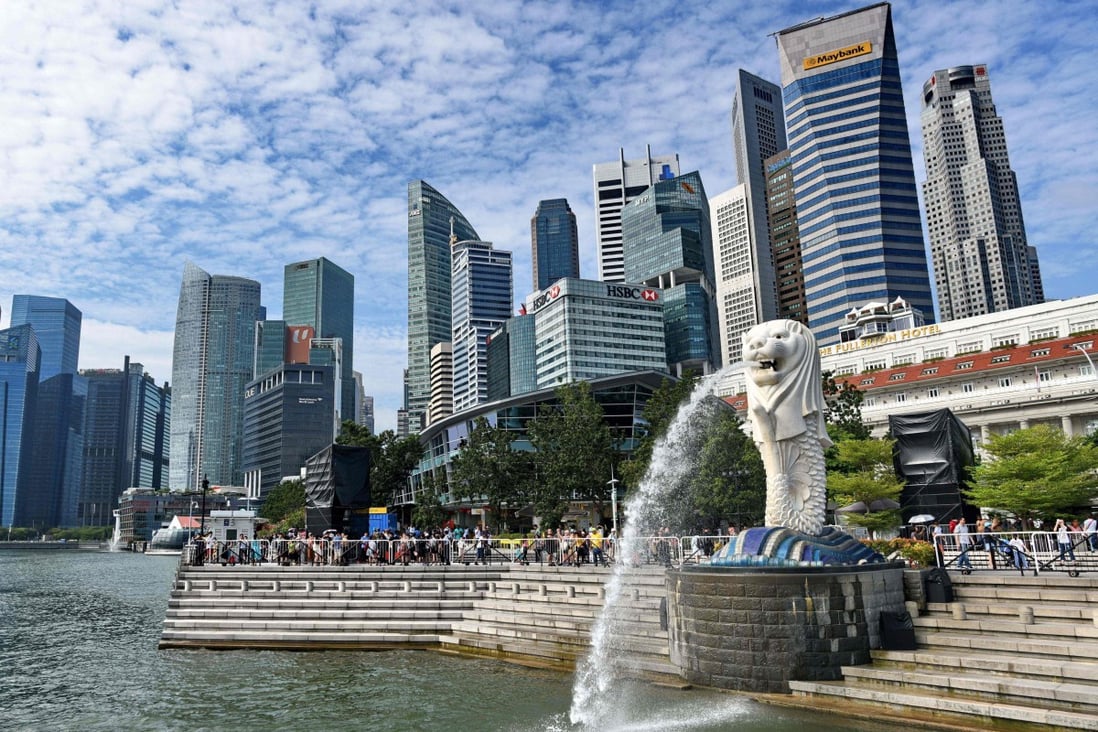
Singapore’s life expectancy fell for the first time on record, driven by higher mortality rates from COVID-19, which was the fifth most common cause of death in the city-state last year.
According to data from the Ministry of Statistics, the life expectancy at birth was 83.5 years in 2021, down nearly two months from 83.7 years in 2019. The results showed that men had an average life expectancy of 81.1 years and women 85.9 years.
The Department of Statistics reported that the life expectancy at birth in 2021 was 83.5 years, down from 83.7 years in 2019 by about two months. According to the data, men’s life expectancy was 81.1 years, compared to 85.9 years for women.
This is the first time life expectancy has decreased since records began to be kept in 1957
According to the department, this is the first time life expectancy has decreased since records began to be kept in 1957.
The Straits Times newspaper quoted a spokesman for Singapore’s statistics department as saying that higher mortality rates caused by excess deaths during the pandemic had caused life expectancy to fall in 2020 and 2021
The spokesman noted that while life expectancy at birth does not forecast a person’s exact lifespan, it does provide a general idea of how long Singaporeans typically live.
The spokesperson said that while life expectancy at birth does not predict a person’s actual lifespan, it does provide a snapshot of the average longevity of Singapore’s population. Life expectancy is calculated based on mortality rates over a three-year period.
The decline follows a pattern observed in the US, where the epidemic of opioid overdoses and Covid-19 led to the largest two-year decline in life expectancy in a century. From 2019 to 2021, the US’s overall life expectancy at birth decreased by almost 3 years, to 76.1 years.
There were 2,490 excess deaths in Singapore from January 2020 to June 2022
According to a recent report from the nation’s Ministry of Health, There were 2,490 excess deaths in Singapore from January 2020 to June 2022, of which nearly 60% were caused by Covid-19. People who passed away from other illnesses after contracting the coronavirus accounted for about 40% of the excess deaths, which likely made pre-existing conditions worse.
Despite an increase in daily infections, the Southeast Asian country, which boasts one of the lowest Covid death rates in the world, loosened restrictions even further on Monday.
The ban on non-vaccinated people entering restaurants, bars, and gathering places with more than 500 guests has been completely lifted.
Singapore will immunize kids between the ages of six months and four years
Singapore will also immunize kids between the ages of six months and four years, with booster shots given to kids between the ages of five and eleven. Additionally, bivalent vaccines are being distributed as boosters for people over 50 or for those who have not yet reached the level of minimal vaccination protection.
At a community event on Sunday, Singapore’s Health Minister, Ong Ye Kung, said the country is prepared to intensify Covid-19 measures as needed to reduce infection rates and safeguard the unvaccinated.
